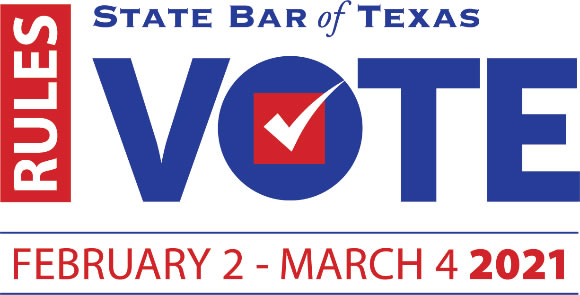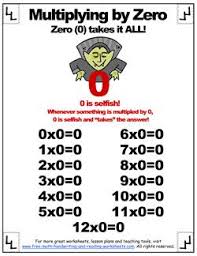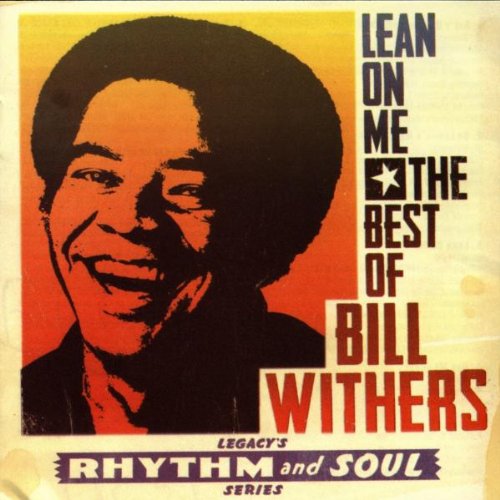The parties in Ninety Nine Physician Services, PLLC v. Murray arbitrate d a business dispute; the lingering issue at confirmation was an award of $341,680 in attorneys’ fees. The Fifth Court found that the award was proper, reasoning as follows:
d a business dispute; the lingering issue at confirmation was an award of $341,680 in attorneys’ fees. The Fifth Court found that the award was proper, reasoning as follows:
- “[U]nder the parties’ distinct agreement and incorporation of the AAA rules, there were three circumstances in which the arbitrator was vested with the authority to award attorney’s fees (1) if all parties requested such an award or (2) if it was separately authorized by law or (3) if it is authorized by the arbitration agreement.” (emphasis in original); and then
- “Both parties submitted posthearing briefs in which they requested attorney’s fees. In their briefing, Appellees urged, as they do here, there was no basis in the general law to award fees to Appellant. … Appellees contend Appellant’s post-hearing brief is not a proper request for attorney’s fees. The arbitrator in interpreting the Commercial Rules evidently disagreed with Appellees and found the post-hearing briefs to be requests for attorney’s fees under Rule 47(d)(ii).”
The Court thus reversed a trial-court ruling that vacated that portion of the award. A concurrence would have reached the same result for a different reason: “Because appellant did not file any pleading affirmatively seeking attorneys’ fees until after the arbitration hearing, the arbitrator abused his discretion in awarding attorneys’ fees to appellant. The arbitrator’s mistake of law, however, is not grounds to vacate the award, and the trial court erred in doing so. Consequently, appellant was entitled to enforcement of the attorneys’ fees award but not on the basis relied upon by the majority.” No. 05-19-01216-CV (Feb. 22, 2021) (mem. op.).








